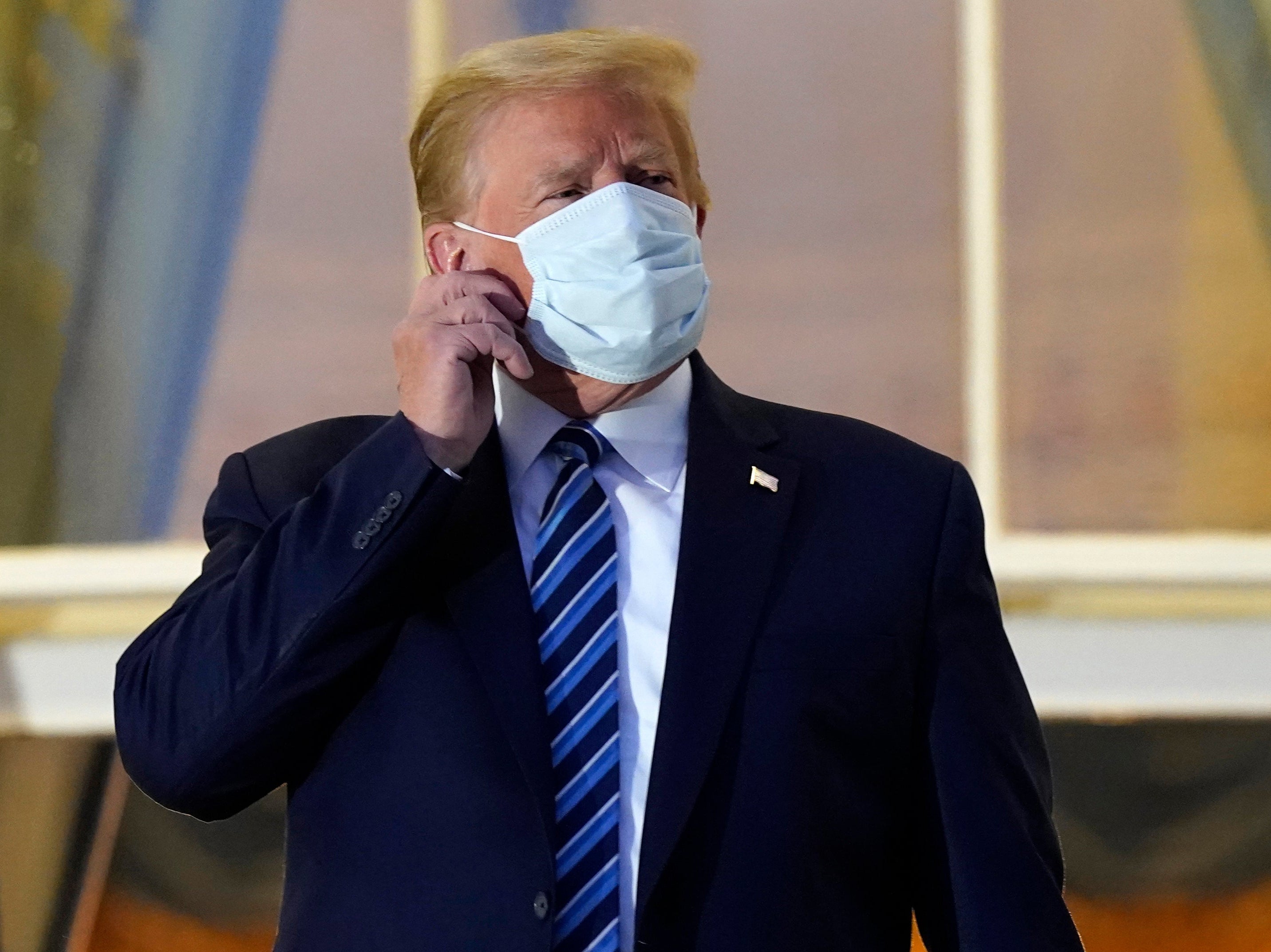I was like Donald Trump, hoping the virus would just go away
I gave more weight to information that suggested optimistic scenarios than to anything that pointed to a second wave, writes John Rentoul


I have a confession to make. I fell into the obvious trap of confusing what I wanted to happen with what would happen. So when in May the UK death toll from coronavirus dwindled, and no more people were dying than would be expected in a normal year, I wanted to assume that it was over.
Therefore I gave more weight to information that suggested it might be true than to anything that pointed the other way. There were studies suggesting that immunity to the disease was more widespread than we thought, and that effective herd immunity might be achieved at low levels of reported exposure.
All through the summer, the dire warnings of a second wave seemed at odds with low levels of prevalence in random surveys of the whole population. Given the huge costs of closing down society, it seemed right to open up while maintaining basic precautions, and for a long time it seemed that the level of the virus was staying low. It was possible to think that basically nobody had it in Britain throughout June, July and August. As cases started to rise in August, I was eager to ascribe this to more testing being carried out – the rise was really the by-product of good news, it was possible to tell myself, which was that the capacity of NHS Test and Trace was increasing.
It was not until recently that I realised I had been doing just what Donald Trump had been doing, albeit, I hope, on a lesser scale. I never thought it was just like flu, or that it could be cured by bleach, but I did hope that it would just go away. Trump may be a monstrous fraud, but he does reflect back to people a lot of what they want to hear.
Because there is so much that we do not know about coronavirus, it is easy to fill in the blanks of our knowledge with what we want to be there, rather than waiting for the evidence. And some of what we do know about the virus is hard to absorb. One thing we know quite a lot about now is its randomness: that it transmits in unpredictable superspreading bursts. Most people who get it don’t infect anyone, but a few people infect a lot of others. That is why, I think, some countries got it worse than others – international travel and dense populations are the conditions, but the randomness makes the spread uneven.
But it is also why it took so long for the virus to spread again in the UK, lulling some of us into a false sense of security.
Yours,
John Rentoul
Chief political commentator




Join our commenting forum
Join thought-provoking conversations, follow other Independent readers and see their replies
Comments